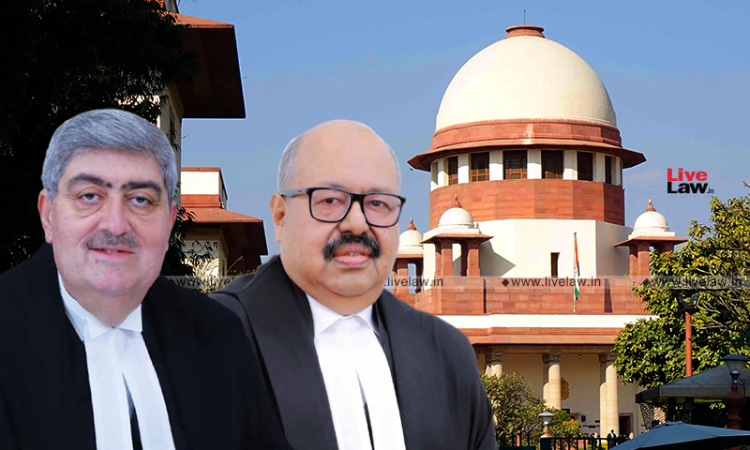The Supreme Court observed that the principle of equal pay for equal work cannot be applied merely on basis of designation.In this case, the court had to examine the claims made by Private Secretaries (Grade-II) ("PS-II") employed in the Eastern Central Railways (Field Office/Zonal Railways),for parity in pay with their counterparts working in the Central Secretariat Stenographers...

